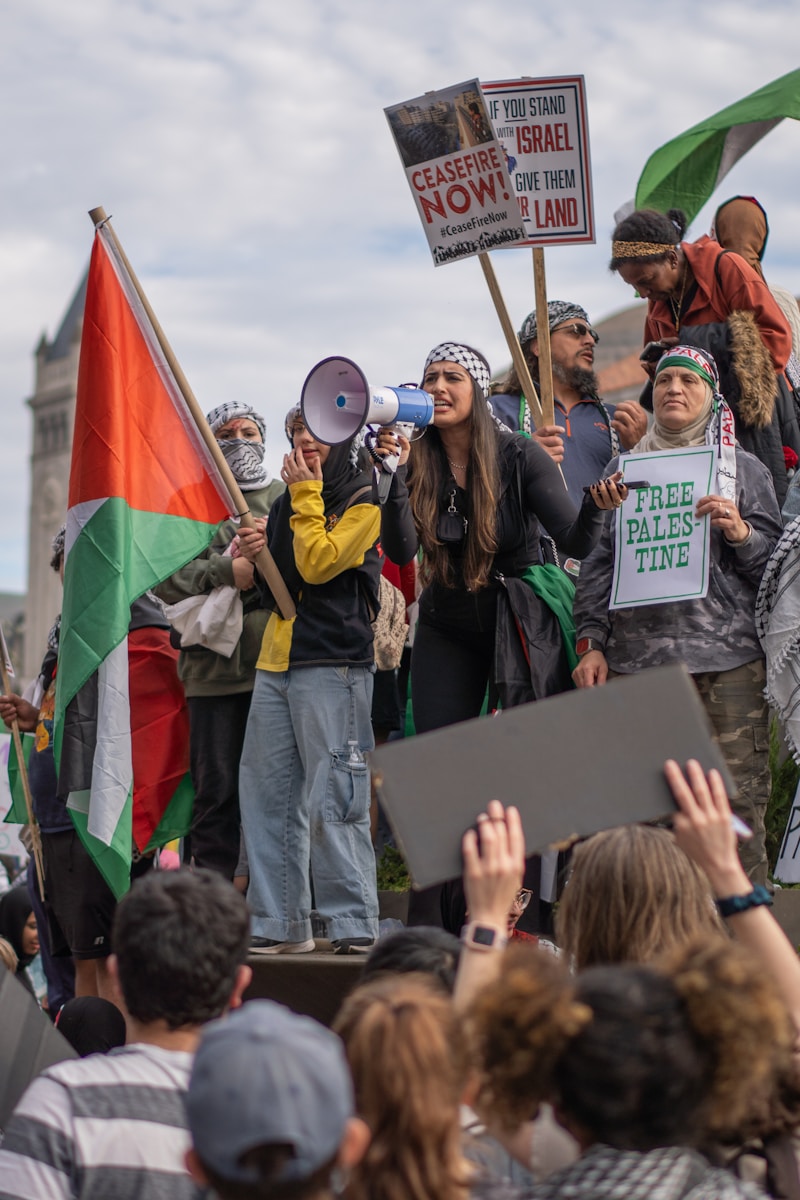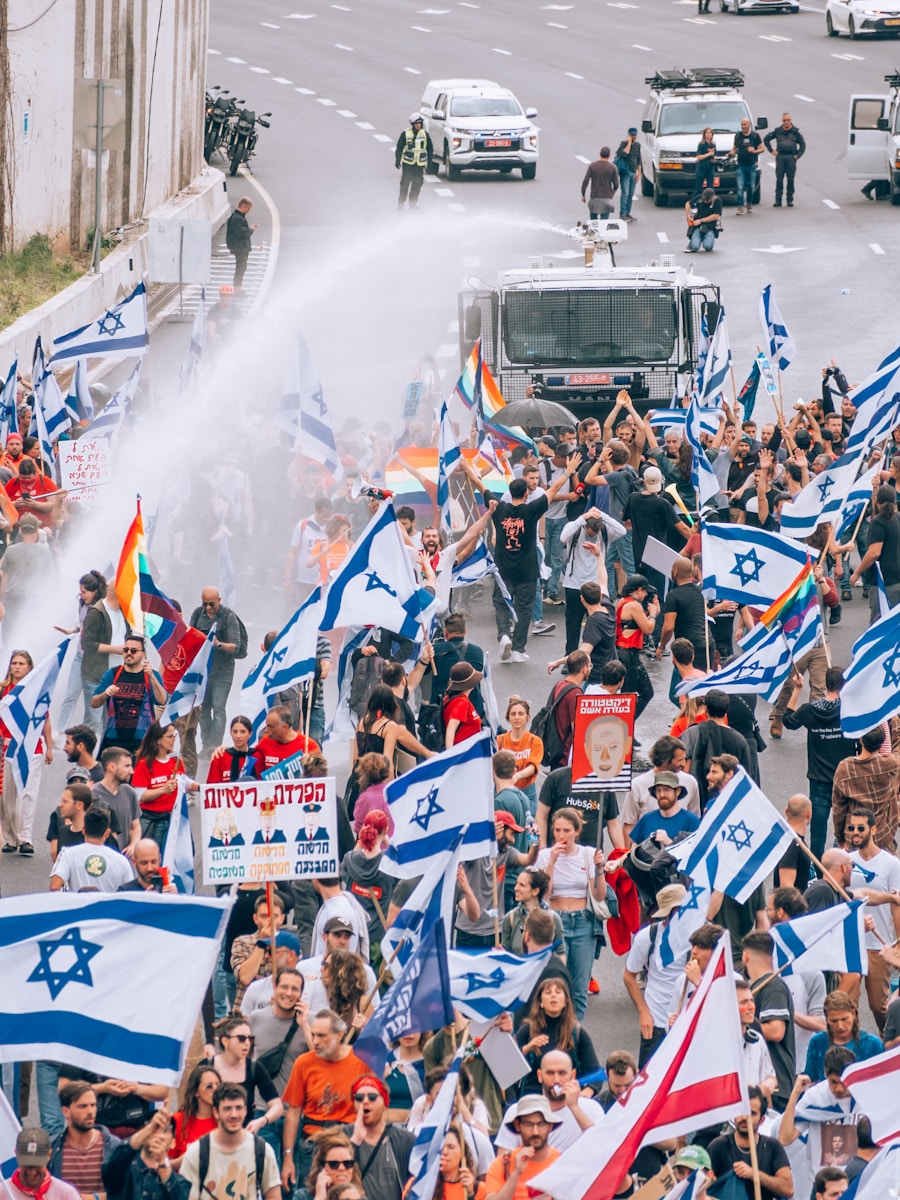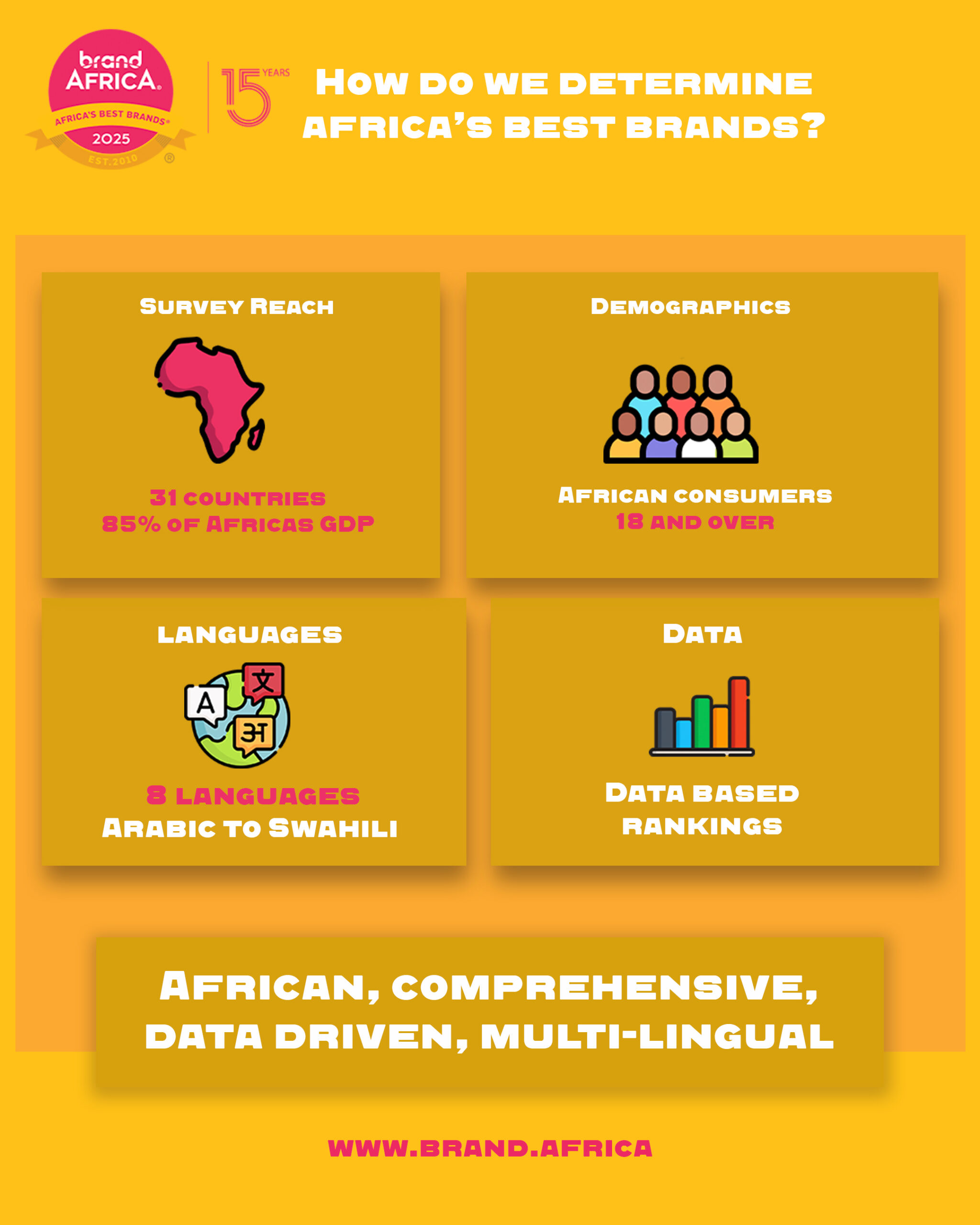Palestine War: Historical echoes of armed mobilization
The call for 500 people and weapons to join a war in Palestine has drawn comparisons with past mobilizations in different parts of the world. Historically, similar appeals have often been rooted in emotion rather than strategy, driven by frustration, anger, or solidarity with a cause. Yet, such mobilizations rarely achieve their intended objectives. Instead, they tend to expose communities to greater risks, attract the attention of law enforcement, and invite the scrutiny of international watchdogs. In the age of global surveillance and counterterrorism cooperation, attempts to gather fighters across borders are treated not as symbolic gestures, but as actionable threats with serious legal consequences.
In addition, the use of collective language “we need 500 people” transforms a private sentiment into a public mission. By framing war participation as a civic duty, the statement blurs the line between personal conviction and national interest. This rhetorical strategy amplifies its reach, but also magnifies its potential harm. As history shows, once a narrative of duty and sacrifice enters the public sphere, it can inspire followers to act impulsively, disregarding the long-term costs to themselves and their societies.
Palestine War: Global legal and humanitarian implications
The suggestion of mobilizing armed individuals to join the Palestine War carries profound legal and humanitarian implications. International law strictly prohibits private citizens from engaging in foreign conflicts, a principle enshrined in the Geneva Conventions and reaffirmed by multiple United Nations resolutions. Participation in such acts may be prosecuted as terrorism, mercenary activity, or even crimes against humanity, depending on the circumstances. Governments are therefore under immense pressure to disavow and prevent these calls from translating into real-world actions.
Humanitarian organizations also raise alarm over the consequences for civilians. Wars are not defined merely by the number of fighters but by the destruction they leave behind. The involvement of untrained or radicalized individuals could lead to further suffering for populations already caught in the crossfire. Instead of aiding the Palestinian cause, the introduction of irregular combatants would almost certainly intensify violence, undermine peace negotiations, and weaken international solidarity movements advocating for justice through lawful means.
Palestine War: Media reactions and shifting narratives
Global media coverage of the statement has been swift and critical. Outlets across Europe, Africa, and the Middle East have highlighted the dangers of such rhetoric, emphasizing that calls for war are rarely isolated events they ripple outward, shaping public perceptions and political agendas. Some analysts frame the declaration as a symptom of broader frustration with stalled peace talks and ongoing violence in the region. Others interpret it as a populist attempt to exploit emotions without offering a tangible solution. What unites these interpretations is the recognition that media amplification transforms a single statement into a national and international issue.
In today’s interconnected environment, narratives shift rapidly. A provocative call, once televised or posted online, can ignite digital movements within hours. Hashtags, viral videos, and opinion pieces multiply the message, embedding it into global discourse. While this dynamic allows marginalized voices to be heard, it also means that inflammatory rhetoric can spread unchecked, leaving governments and communities scrambling to respond. As the debate unfolds, the statement about “500 people and weapons” serves as a sobering reminder of the power of words to mobilize, polarize, and destabilize.
Palestine War: The role of public opinion in fueling conflict
Public opinion has always played a central role in shaping the trajectory of conflicts. When a statement like the one calling for 500 people to fight in Palestine emerges, it does not remain confined to the speaker. It reverberates across social networks, television debates, and community discussions. For some, it becomes a rallying cry that resonates with their frustrations and aspirations. For others, it is a dangerous provocation that threatens peace and undermines constructive dialogue. This polarization within public opinion can either strengthen the social fabric by encouraging debate, or weaken it by creating deep divisions and hostility.
Moreover, digital platforms magnify these divisions. Online echo chambers allow individuals who support violent mobilization to connect, exchange ideas, and plan activities beyond the control of state institutions. Meanwhile, those advocating peace are forced to defend their positions more aggressively, sometimes at the expense of nuance. The result is a fragmented public sphere in which reasoned conversation is overshadowed by extreme rhetoric. In this environment, the line between symbolic statements and actionable threats becomes dangerously blurred.
Palestine War: Regional instability and international reactions
The Middle East remains one of the most volatile regions in the world, and any call for armed mobilization inevitably feeds into the cycle of instability. Neighboring countries watch these developments closely, fearing the potential spillover of extremist activities into their own territories. Security agencies across the region are on high alert, recognizing that even a small mobilization can inspire copycat movements elsewhere. International organizations such as the United Nations and the European Union have repeatedly warned against the dangers of foreign fighters, citing examples from Syria, Iraq, and Libya where similar dynamics prolonged wars and intensified human suffering.
On the diplomatic front, governments are compelled to distance themselves from such statements to maintain their credibility. Silence or ambiguity can be interpreted as tacit approval, which in turn may strain international partnerships and foreign aid agreements. For this reason, states often issue strong denouncements of inflammatory calls to war, not only to deter participation but also to reassure allies that they remain committed to global security frameworks. The international community’s reaction, therefore, is not merely symbolic it is a crucial element of maintaining regional and global stability.
Palestine War: Ethical responsibility of leaders and influencers
At the heart of this controversy lies the ethical responsibility of leaders, activists, and influencers who command public attention. Words carry weight, and when influential figures call for armed action, they bear direct responsibility for the potential consequences. Ethical leadership requires acknowledging the deep emotional connection many people feel toward Palestine, while simultaneously steering that energy toward lawful, constructive, and humanitarian efforts. Redirecting anger into advocacy, diplomacy, or humanitarian relief can empower communities without exposing them to the perils of war.
Influencers and leaders also have a duty to resist sensationalism. In an era where provocative statements generate headlines and viral content, the temptation to use extreme rhetoric for attention is high. However, the cost of such rhetoric is borne by vulnerable populations, especially civilians caught in crossfire zones. Ethical discourse demands that leaders channel their influence responsibly, shaping narratives that prioritize peace, justice, and long-term solutions over short-term applause. By doing so, they can transform outrage into action that aligns with both moral principles and international law.
Palestine War: Digital activism versus militant calls
The contrast between digital activism and militant mobilization is becoming increasingly stark. While one seeks to raise awareness, build solidarity, and pressure governments through lawful campaigns, the other pushes individuals toward violence and illegality. In the case of the call for 500 people and weapons, critics argue that such rhetoric undermines decades of nonviolent advocacy for Palestinian rights. Online campaigns, petitions, and peaceful demonstrations have proven to be powerful tools in amplifying marginalized voices, drawing international media attention, and mobilizing global civil society without crossing into illegality.
Digital activism also allows diasporas to remain connected to struggles abroad without endangering themselves or their host countries. By engaging in fundraising, lobbying, and awareness campaigns, individuals can make tangible contributions without fueling cycles of violence. The success of these movements depends largely on their ability to remain credible and nonviolent, offering an alternative path that resonates with both global institutions and ordinary citizens tired of endless wars.
Palestine War: Psychological and generational impact
The rhetoric of war does not only shape politics and security it also leaves deep psychological marks on communities. Calls for violence normalize aggressive thinking, particularly among younger generations exposed to such statements through social media. When war is portrayed as a duty or heroic act, impressionable minds may adopt this worldview as part of their identity. This can foster radicalization, leading to long-term social fractures that extend far beyond the immediate conflict.
Generational impact is equally important. While older populations may view these statements with skepticism or fear, younger groups who feel alienated by unemployment, inequality, or discrimination may see them as empowering. This generational divide risks perpetuating cycles of anger and frustration, making it harder to build sustainable peace. To prevent such outcomes, educators, parents, and community leaders must actively promote critical thinking, empathy, and peaceful avenues for activism.
TPalestine War: he path forward: balancing solidarity with responsibility
The global debate sparked by the call for 500 fighters in Palestine underscores a broader challenge: how to express solidarity with oppressed populations while respecting international law and safeguarding peace. True solidarity requires more than rhetoric; it demands responsible action rooted in ethics, legality, and sustainability. Governments, NGOs, and grassroots movements must work together to channel public frustration into constructive outcomes such as diplomatic pressure, humanitarian relief, and long-term advocacy for justice.
Balancing solidarity with responsibility also means recognizing that words shape realities. Leaders must resist the temptation of short-term popularity through provocative statements, instead investing in narratives that emphasize coexistence, peace, and justice. Only through such balanced approaches can the international community ensure that genuine solidarity strengthens rather than destabilizes the pursuit of a fair and lasting resolution to the Palestine conflict.
Conclusion
The call for 500 people and weapons to go to war in Palestine highlights the dangerous intersection of rhetoric, politics, and public sentiment. While it may have been framed as a passionate expression of solidarity, its implications extend far beyond words. Such statements risk fueling extremism, destabilizing societies, and undermining decades of nonviolent advocacy. The path forward requires responsible leadership, ethical discourse, and a commitment to peaceful strategies that can achieve justice without escalating violence. True solidarity lies not in weapons, but in building a global movement for peace and human dignity.
Further Reading and Resources
For readers who wish to explore more on this topic, here are some valuable resources:
- Voice Mauritius News – Local insights and public opinion
- BBC News – Global coverage of Middle East conflicts
- Amnesty International – Human rights perspectives on conflict zones




